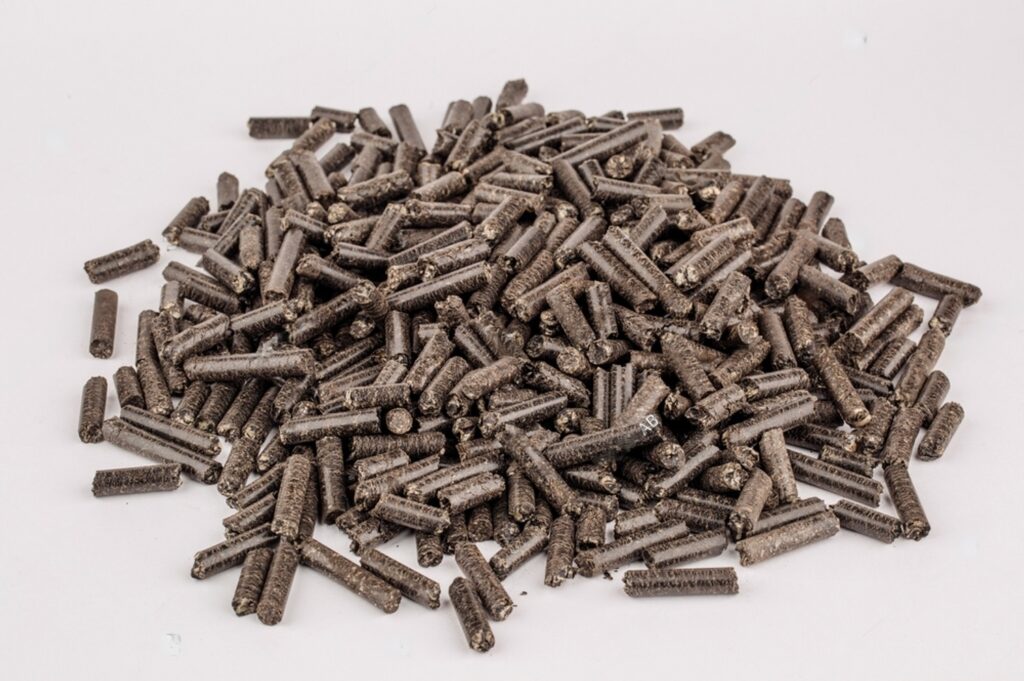
Millets
Millets are a group of small-seeded grains that belong to the Poaceae family and are widely cultivated around the world. They have been cultivated for thousands of years and are known for their resilience in diverse growing conditions. Millets are considered highly nutritious and sustainable crops, making them an essential staple food in many regions, particularly in Asia and Africa.
These grains come in various types, including pearl millet, foxtail millet, finger millet, proso millet, and barnyard millet, among others. Each variety offers unique nutritional benefits and adapts well to different climates and soil types, making millets an ideal choice for regions with challenging agricultural conditions.
Millets are valued for their impressive nutritional profile. They are rich in dietary fiber, vitamins (such as niacin, thiamine, and riboflavin), and minerals (including calcium, iron, and magnesium). Additionally, millets are gluten-free, making them suitable for individuals with gluten sensitivity or celiac disease.
Beyond their nutritional benefits, millets play a vital role in sustainable agriculture due to their low water requirements and ability to thrive in marginal lands. They have a short growing season, allowing for quick yields and providing an essential source of food security for small-scale farmers.
